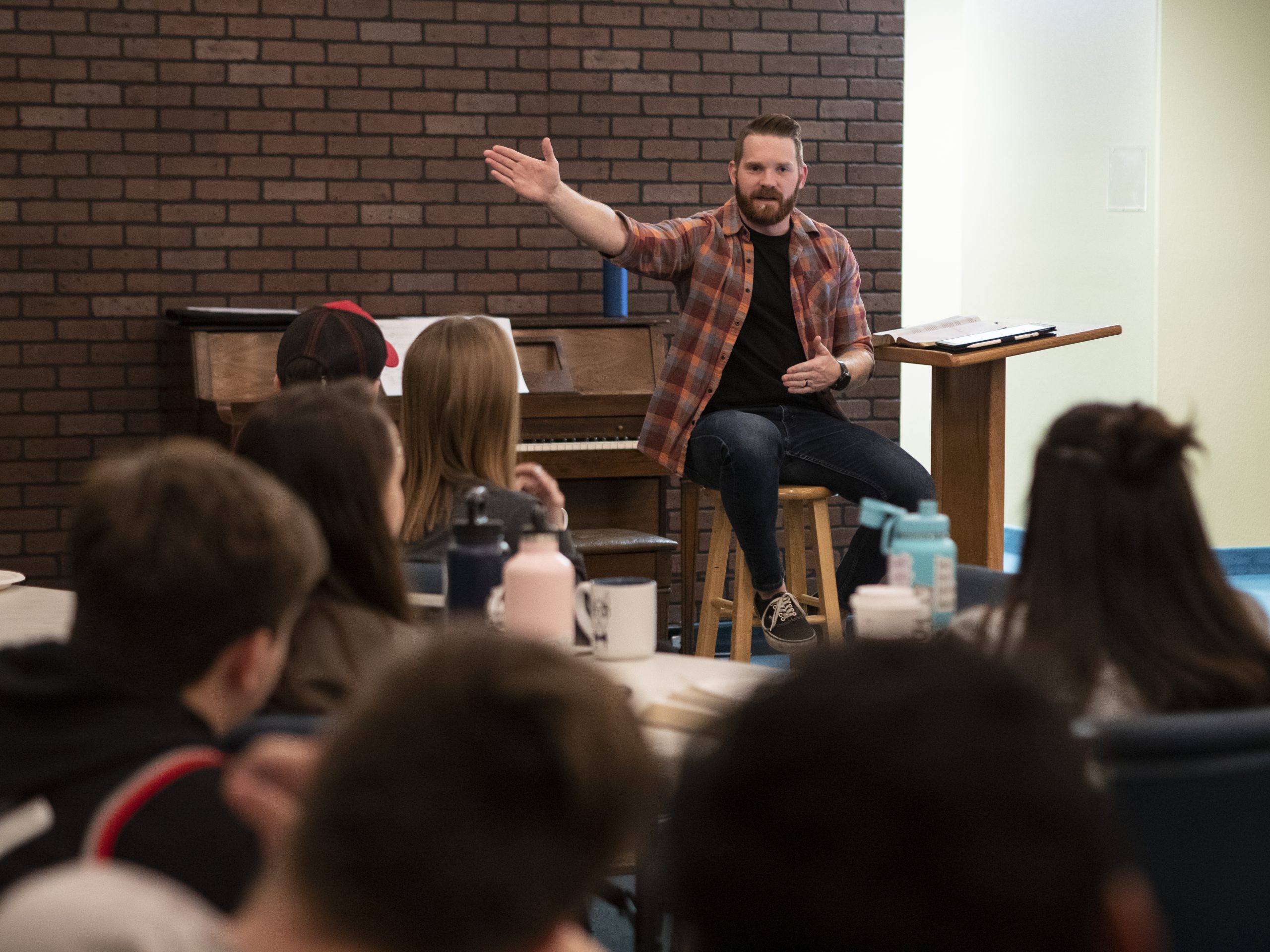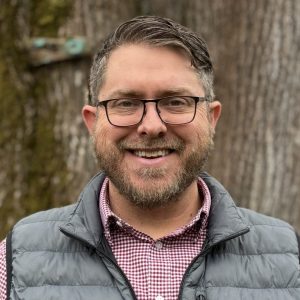Over the Christmas Eve/Day weekend, we attended five different churches in Southern California. Although the churches were diverse in their size, constituency, and methodology, there was one common emphasis—a somewhat surprising emphasis given the season—in those Christmas services. At each service, the pastor presented the gospel and urgently called people to respond.
A gospel presentation and call for response at a Christmas service is appropriate, but not usually the focus of holiday events. That’s one reason the services were so striking. The other was the commonality of approach among pastors who had not intentionally coordinated their efforts. These pastors all shared urgency about communicating the gospel, calling people to repentance and faith, and urging them to respond immediately to the gospel. As I have reflected on those services for the past two weeks, the commonality of experiencing this urgent presentation of the gospel in different places by different pastors has stayed with me. Something is stirring pastors to a new urgency about communicating the gospel.
Pastors are spiritual leaders. While they stay tuned to contemporary events, they know the solution to individual and societal problems is based in personal, spiritual response to God. Pastors also know strategy planning and program implementation can support spiritual progress but are not substitutes for spiritual power. Pastors know connecting people to Jesus is not only their primary role, but also the only really effective way to make any difference in the lives of people, families, and communities. Perhaps these Christmas services are evidence of a revival among pastors about these core realities.
There are likely many reasons these pastors (and perhaps many more like them) focused on the gospel and urged people to respond in repentance and faith at Christmas services. COVID, political turmoil, social disruptions, family tensions, and financial uncertainties all top the list of stressors most people are feeling today. These problems are producing fear, anger, and profound uncertainty about the future. The need for the gospel has never been more clear. Pastors see this and are making the best response—sharing the gospel with urgency.
While reflecting on and celebrating the Nativity (along with enjoying beautiful music) was an enjoyable part of the Christmas season, what is staying with me as we begin 2022 is a new urgency about communicating the gospel and asking people to respond. Let’s work together, particularly with pastors who are redoubling their evangelistic efforts, toward that goal this year.
Read More

Comfort Twice Over
When we provide comfort to fellow believers, we are the means by which God has chosen to provide his comfort.

Inheritance & Glory: Our Vocation
For believers, while heaven may seem long away, our eternal inheritance is already available to us in the here and now.
Listen
Brian Borgman
On this episode of The Jonathan Edwards Center Podcast, Dr. Chris Woznicki interviews Dr. Brian Borgman regarding his book, Jonathan Edwards on Genesis. They discuss Edwards as an exegete, as an interpreter of scripture, specifically looking at Genes

The Dents
Tyler sits down with longtime missionaries and retired Gateway faculty, Don and Anne Dent. The Dents served with the IMB for over 30 years and most recently at Gateway Seminary. In this episode, they reflect on their past experiences from working in the mission field




